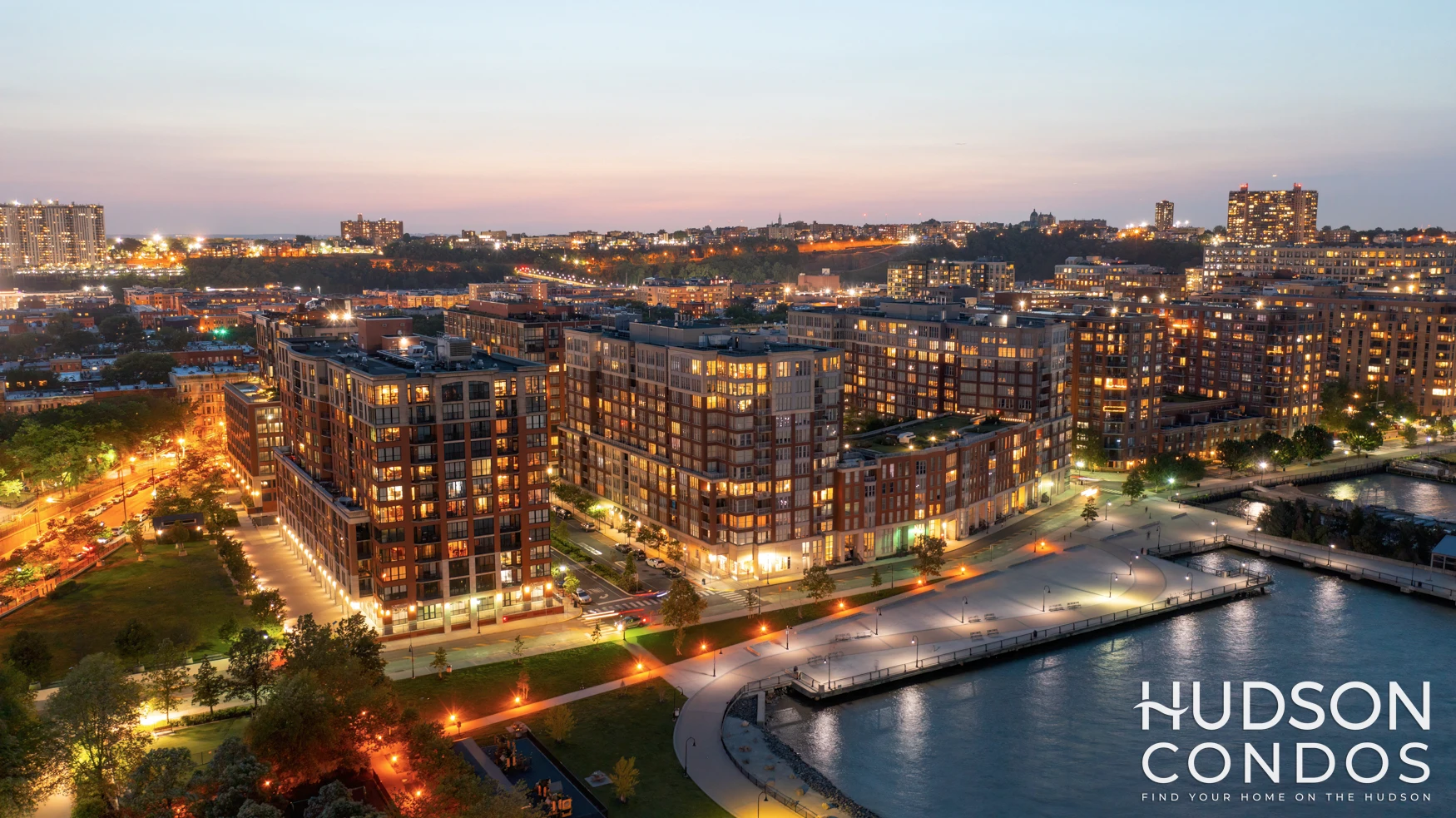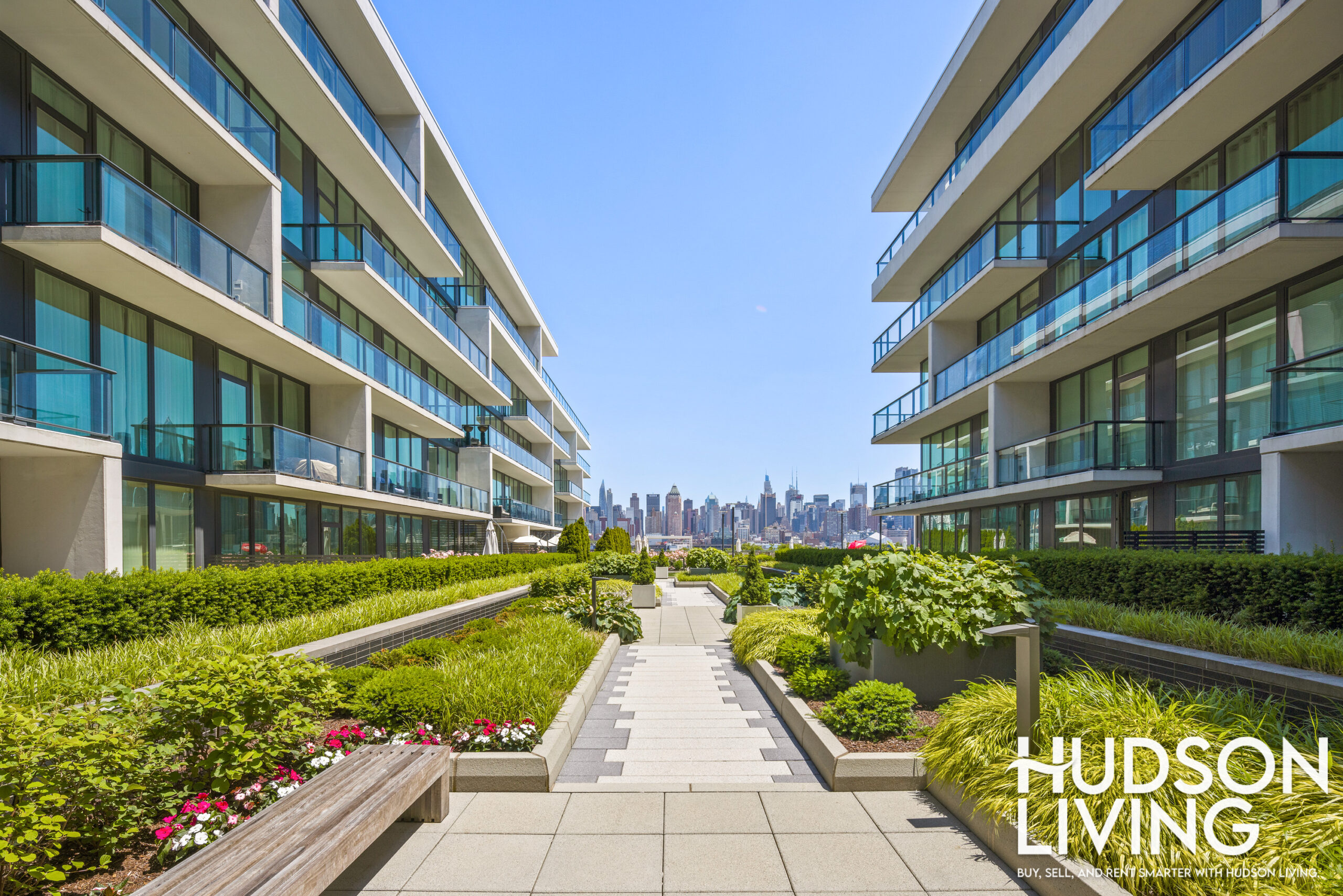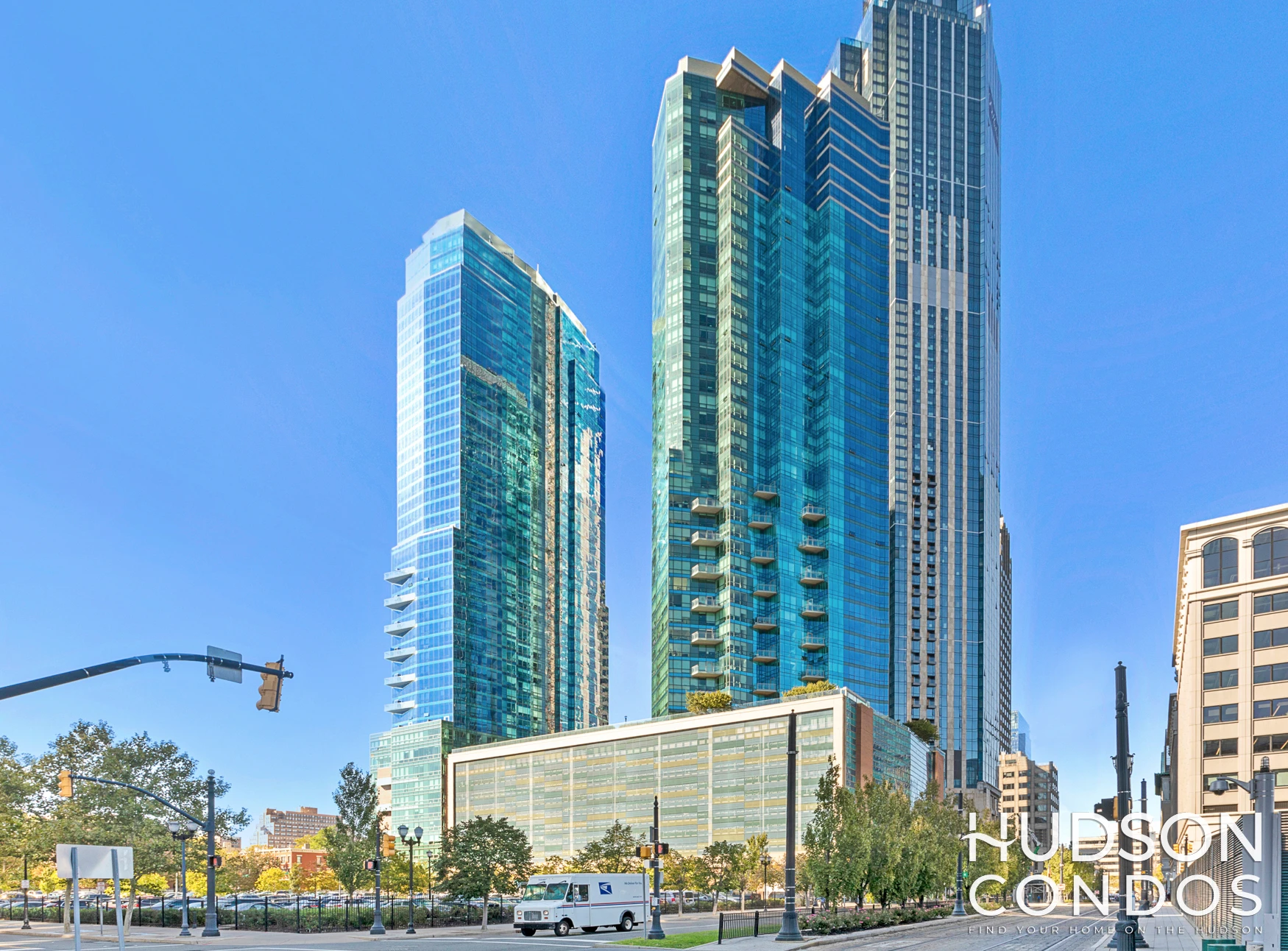15 Top Questions To Ask When Buying a Condo
Buying a condo is among the most significant investments you can make. Apart from the joy of owning a home in a prime location, condos can also be a great source of passive income through rental or resale.
They’re an excellent choice for those looking for a low-maintenance lifestyle without the responsibility of owning a single-family home.
But with so many options on the market, buying a condo can be overwhelming and confusing. To help you make the right decision, here are the top questions to ask when buying a condo:
15 Top Questions To Ask When Buying a Condo
1. What Are The HOA Fees?
Understanding the homeowners association (HOA) fees is crucial as they contribute to the cost of living in a condo. These fees are used for maintaining common areas, amenities, and, sometimes, certain utilities.
The amount can vary significantly between different condos, impacting your budget. Asking about HOA fees will help you gauge the ongoing costs beyond your mortgage payment.
These fees can also increase over time, affecting your long-term financial planning. Make sure you’re comfortable with the current fee and inquire about its history of increases. This knowledge gives you a clearer financial picture and helps you avoid surprises after your purchase.
2. Are There Special Assessments?
Special assessments are additional charges on top of the regular HOA fees to cover unexpected repairs or emergencies that the condo’s reserve fund can’t fully cover. Special assessments can be very expensive, so it’s best to be prepared. You don’t want to be caught off guard by a sudden demand for extra funds after moving in.
Investigate the history of special assessments in the community to understand why and how often they occur. This will give you insight into the management’s planning and financial health of the HOA, ensuring that your investment is secure and won’t strain your finances unexpectedly.
3. What Amenities Are Included?
Amenities will enhance your living experience, so it’s essential to ask what features are included in your condo. These may include a pool, gym, security services, or community spaces. Your HOA fees cover their cost and maintenance, so more amenities mean higher fees.
Consider which amenities match your lifestyle and if they’re worth the extra cost. Understand that these features can also impact the property’s resale value, potentially making it more attractive to future buyers. Your assessment here will help you decide if a condo with plentiful amenities aligns with your priorities and budget constraints.
4. Do I Need To Purchase Insurance?
Insurance is a critical component of homeownership that safeguards your investment. As a potential condo owner, you must inquire about the kind of insurance you must purchase. Typically, the HOA carries a master policy covering the building and common areas, but it doesn’t protect your unit’s interior or personal belongings.
Understanding the HOA coverage scope is essential to get additional insurance for personal property, liability, and any gaps in the master policy. This protects you against potential damages or losses, providing peace of mind.
5. What Does Insurance Cover?
Understanding what your insurance policy covers is crucial before purchasing a condo.
Asking about insurance coverage helps you avoid being underinsured, which can lead to significant financial losses if unforeseen events like theft, fire, or water damage occur. Ensuring you have the right insurance protects your investment and alleviates the worry of personal liability. Always clarify what is and isn’t covered so you can rest assured that you are sufficiently protected.
6. What Are The Rules and Regulations?
Every condo community operates under a specific set of rules and regulations, crucial to maintaining an orderly and enjoyable living environment. As you consider purchasing a condo, ask about these guidelines. They can dictate everything from pet ownership to noise restrictions, modification of your unit, and even the color you can paint your door.
This knowledge isn’t just about compliance; it ensures the community’s lifestyle aligns with your expectations. Failing to understand these rules could lead to unexpected limitations on your freedom within your own home.
Remember, you’re not just buying a space; you’re buying into a community — and its rules will affect your daily life.
7. How Much Money Is In The Reserve Fund?
The reserve fund of a condo association is like a safety net for unexpected expenses. Asking about its size gives you insight into the financial health of the HOA and how well-prepared it is for emergencies or major renovations. A well-funded reserve decreases the likelihood of special assessments — additional costs that can be levied on you if the reserve falls short.
Imagine unexpectedly paying out-of-pocket for a new roof or elevator repair because the reserve wasn’t adequate. Checking the reserve fund’s status reflects on the community’s management and protects your wallet from surprise expenses in the future.
8. How Is Maintenance Handled?
Understanding the maintenance protocols for a condominium community is critical to ensure a hassle-free living experience. When considering a condo purchase, ask who is responsible for maintaining both individual units and common areas. Regular maintenance tasks can include landscaping, snow removal, and repairing shared amenities.
Knowing these details will clarify what is expected of you as a homeowner and what services the HOA covers. Asking this question also helps you anticipate your future involvement, time commitment, and potential additional costs.
Adequate maintenance directly impacts your quality of life and the long-term value of your property, making it an essential consideration in your decision-making process.
9. How Is Parking Managed?
Parking is an often-overlooked yet pivotal detail in condo living. Before you sign on the dotted line, ask about the parking situation: is it assigned, ample, and secure? Check if there are additional fees or limitations, as this could daily impact your convenience and budget.
What may seem as simple as where to park your car can become a major headache if not addressed early. Access to parking can also influence the resale value of your unit, making it a strategic question in safeguarding your investment.
10. Can I Rent Out My Condo?
Before making your condo purchase, ask if you can rent out your unit in the future. Many condominium associations have strict rules about leasing that could affect your flexibility and financial planning.
Understand whether you’re allowed to rent your condo, any restrictions that apply, and the process required by the HOA to do so.
This information is vital as it relates to your potential to generate rental income, which could offset your mortgage and maintenance costs. Ensure that you’re investing in a property that aligns with your long-term goals and provides sufficient autonomy over your investment.
11. Are There Pet Restrictions?
For many, pets are cherished family members, and understanding a condo’s pet policy is critical before committing. Ask about any breed or size restrictions, limits on the number of pets, and rules regarding common areas. Is there a designated space for pets to play or a pet relief area?
These rules impact your daily life and can influence your condo’s appeal should you decide to lease or sell in the future. Ensure the pet policy fits your current and anticipated lifestyle so that your beloved companion can comfortably reside in your new home.
12. What Is The Resale History?
Understanding the resale history of a condo can give you important insights into the property’s value over time. By inquiring about past sale prices and the frequency of sales, you can discern trends, like whether units are quickly turning over or if the property consistently appreciates. This data will help you gauge your investment’s financial stability and potential future profitability.
Don’t overlook this question—knowing the resale history will empower you with the knowledge to make an informed decision that aligns with your long-term financial goals.
13. Can I Review Meeting Minutes And Documents?
Reviewing meeting minutes and condo association documents is like looking under the hood of a car before you buy it. You’ll uncover how the community operates and what issues they face. These records provide insights into routine maintenance, special assessments, and any ongoing disputes or legal issues.
Analyzing them ensures there are no surprises post-purchase. It can safeguard you from walking into a situation that could strain your finances or cause undue stress.
Remember, knowledge is power, especially when it’s about where you will call home. Ask for these documents and study them carefully—they might just reveal the true colors of your prospective home and community.
14. Is The Building Noisy?
Noise levels can significantly impact your quality of life in a condo. Before committing, ask about soundproofing measures and the typical noise level in the condo building. Consider that the sounds of foot traffic, elevators, pets, or neighbors can vary greatly from one building to another.
Knowing the noise levels ensures that your new home provides the peaceful sanctuary you desire. Sound considerations may seem minor initially, but they can be pivotal to your comfort and happiness in your new home.
15. Is The Condo FHA Or VA Approved?
Securing FHA or VA approval signifies that the condo meets specific criteria, making it easier to get a loan. If you’re considering a Federal Housing Administration (FHA) or Veterans Affairs (VA) loan, asking if these entities approve the condo is vital.
These loans offer benefits such as lower down payments and are often more accessible than conventional financing, especially for first-time homebuyers or veterans. Approval means the condominium association is financially stable and adheres to certain standards, which protects your investment.
Always confirm this approval—doing so can expand your financing options and provide peace of mind regarding the fiscal health of the community you’re hoping to join.
The Bottom Line
Buying a condo is an exciting endeavor, but one that requires careful consideration. Don’t rush into a purchase without asking all the necessary questions and doing your due diligence. Remember, you’re not just buying a property but also investing in a lifestyle and community.
If you want your condo search to be as smooth and informed as possible, look no further than Hudson Condos. Our comprehensive database features up-to-date listings on sales, rentals, and open houses. Find your perfect match based on price, amenities, style, and specs.
Begin your journey to finding your dream condo with Hudson Condos today and embrace the lifestyle you deserve. Start your search now!



